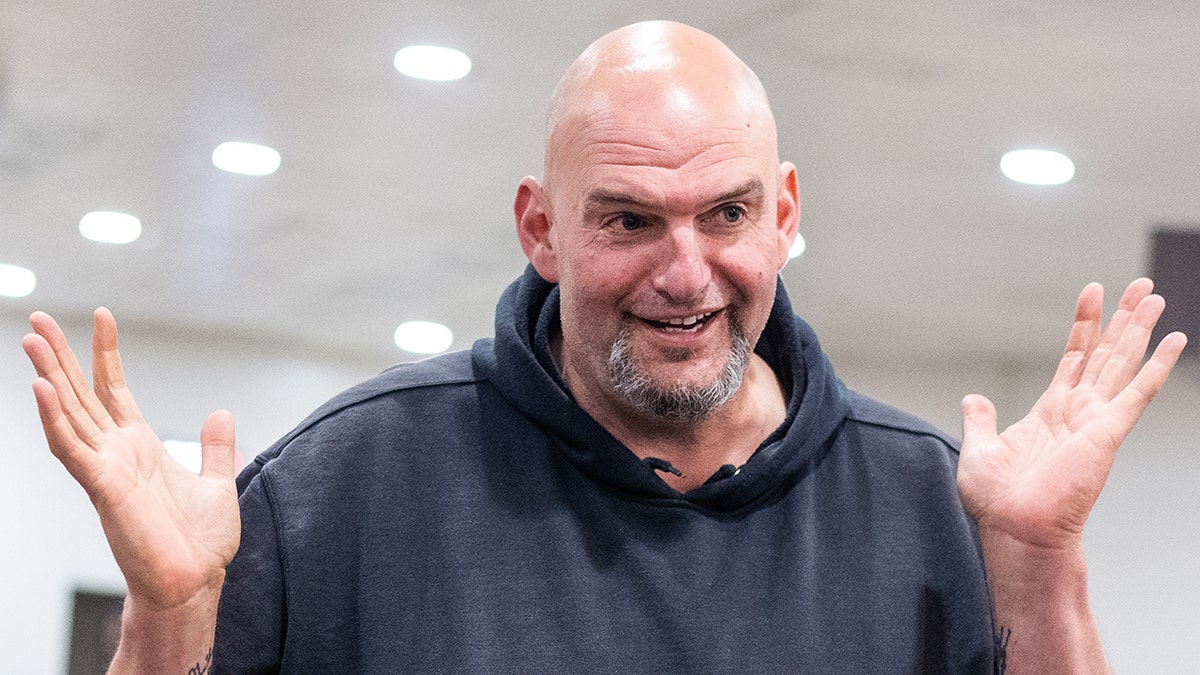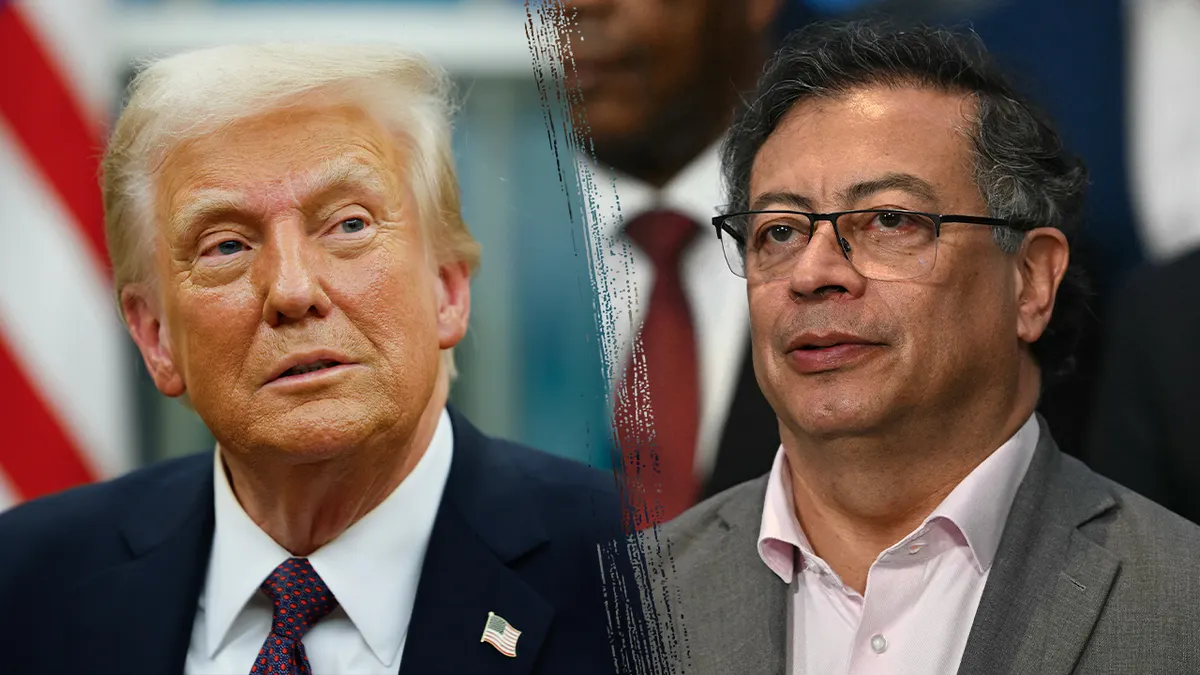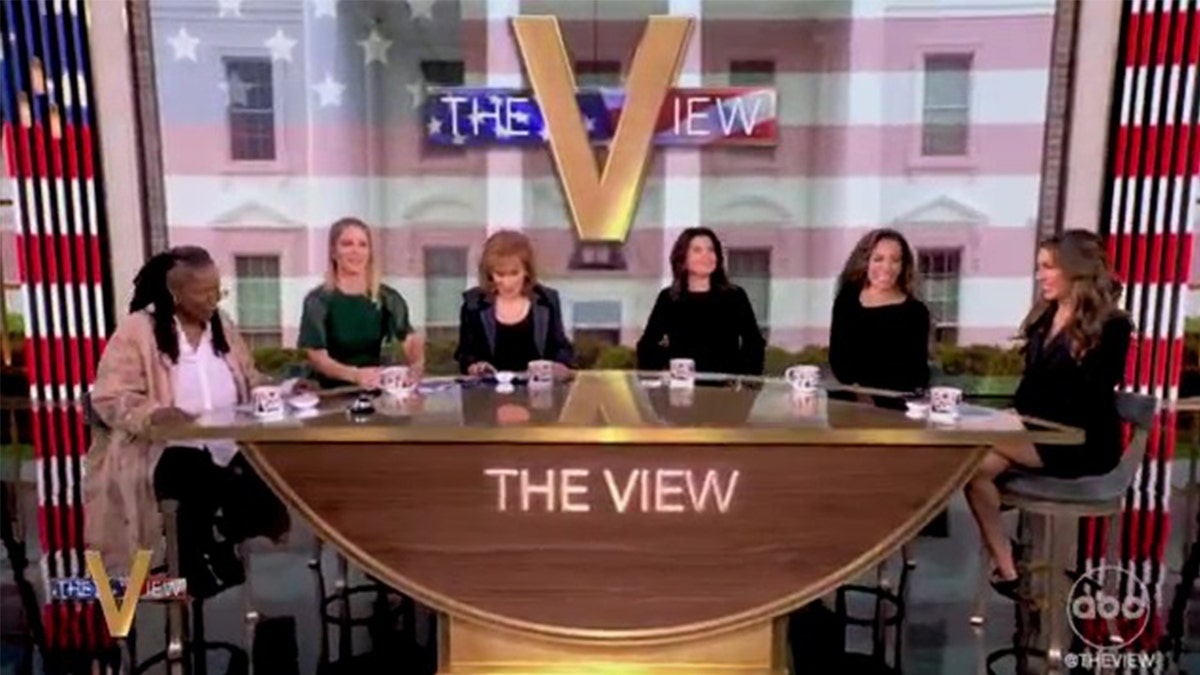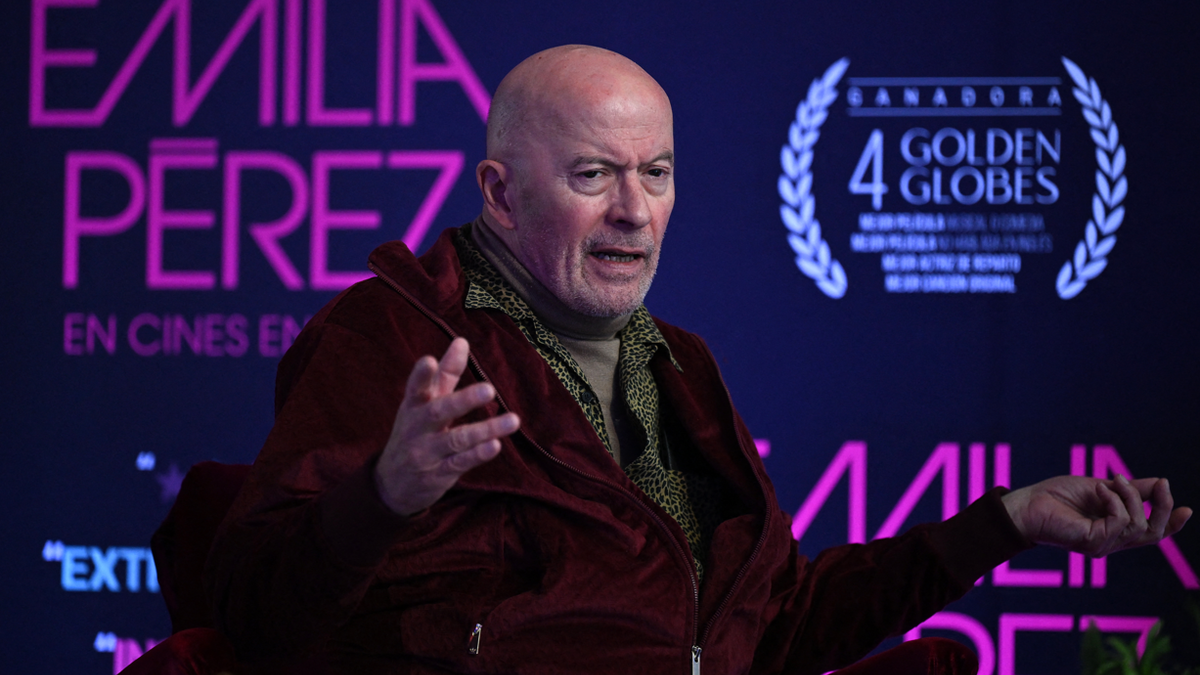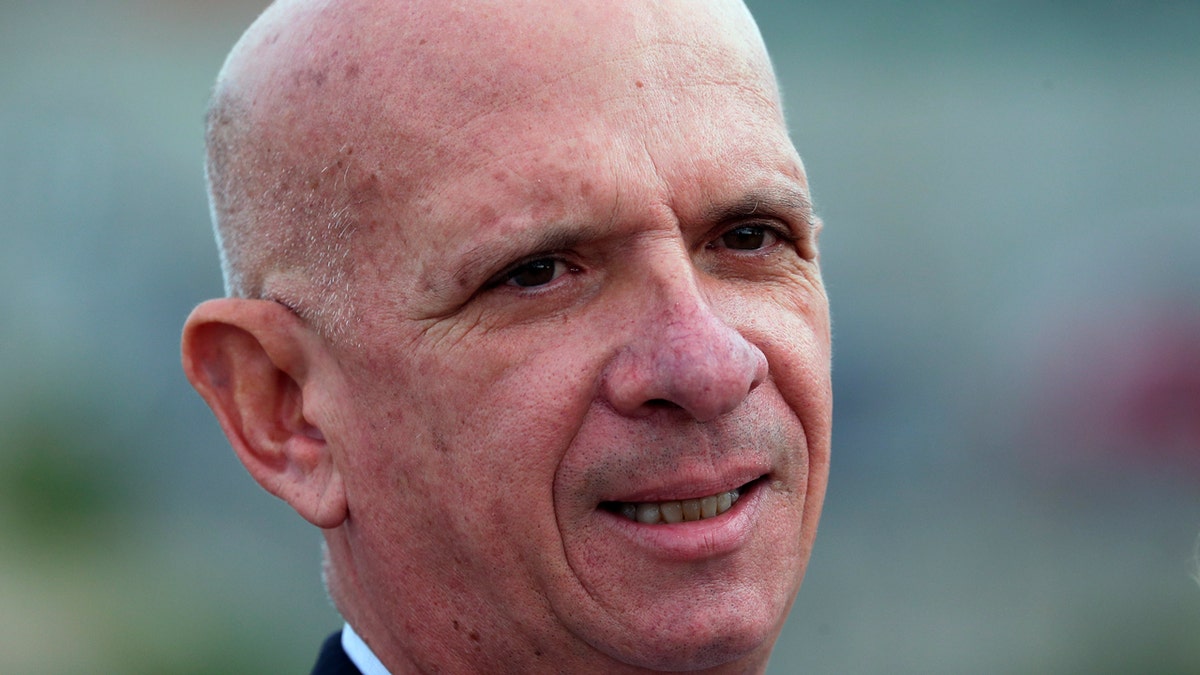Robert F. Kennedy Jr.'s journey to become the next secretary of the Department of Health and Human Services (HHS) has encountered significant resistance following two days of intense Senate confirmation hearings. Nominated by President Trump, Kennedy, a known vaccine skeptic and environmental advocate, testified before the Senate Finance and Health Committees, where he faced sharp questioning from both Democrats and Republicans regarding his past controversial statements.
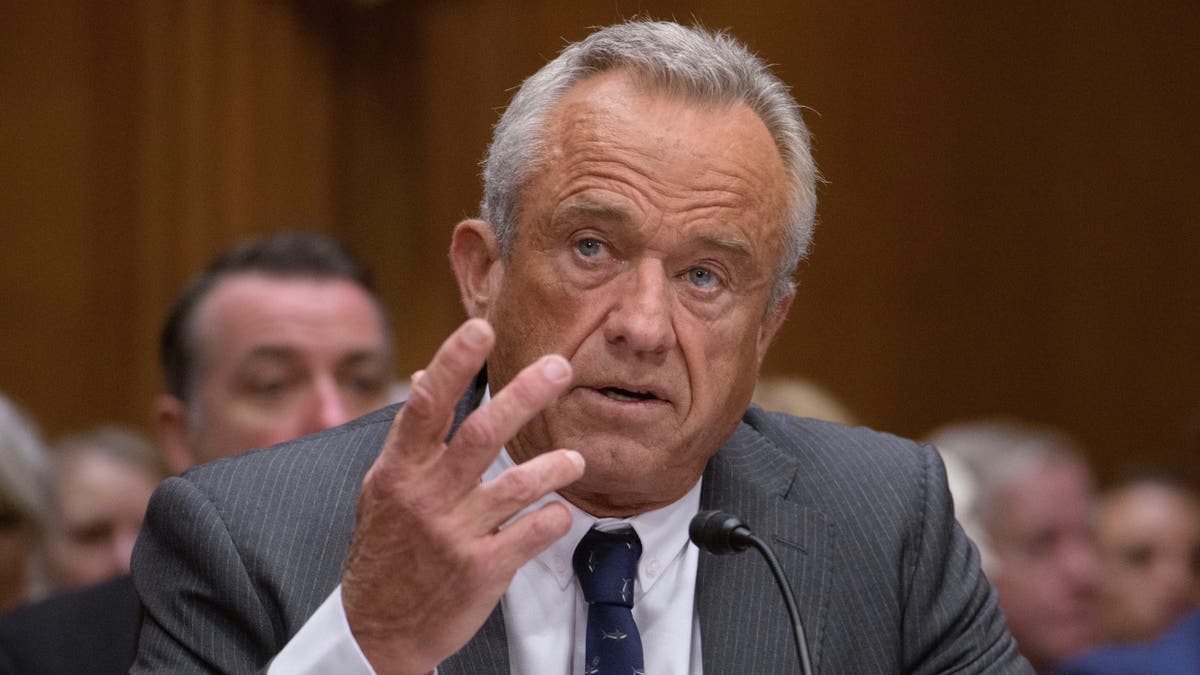
A key concern raised by senators, including Republican Sen. Bill Cassidy, was Kennedy's history of questioning vaccine safety, particularly his claims linking vaccines to autism, which have been widely refuted by scientific evidence. Sen. Cassidy, a crucial vote for confirmation, expressed his reservations, stating that he was "struggling" with Kennedy's nomination and questioning whether he could be entrusted with the nation's public health. Kennedy's leadership of Children's Health Defense, an organization known for its anti-vaccine advocacy and lawsuits against the government, further fueled concerns.
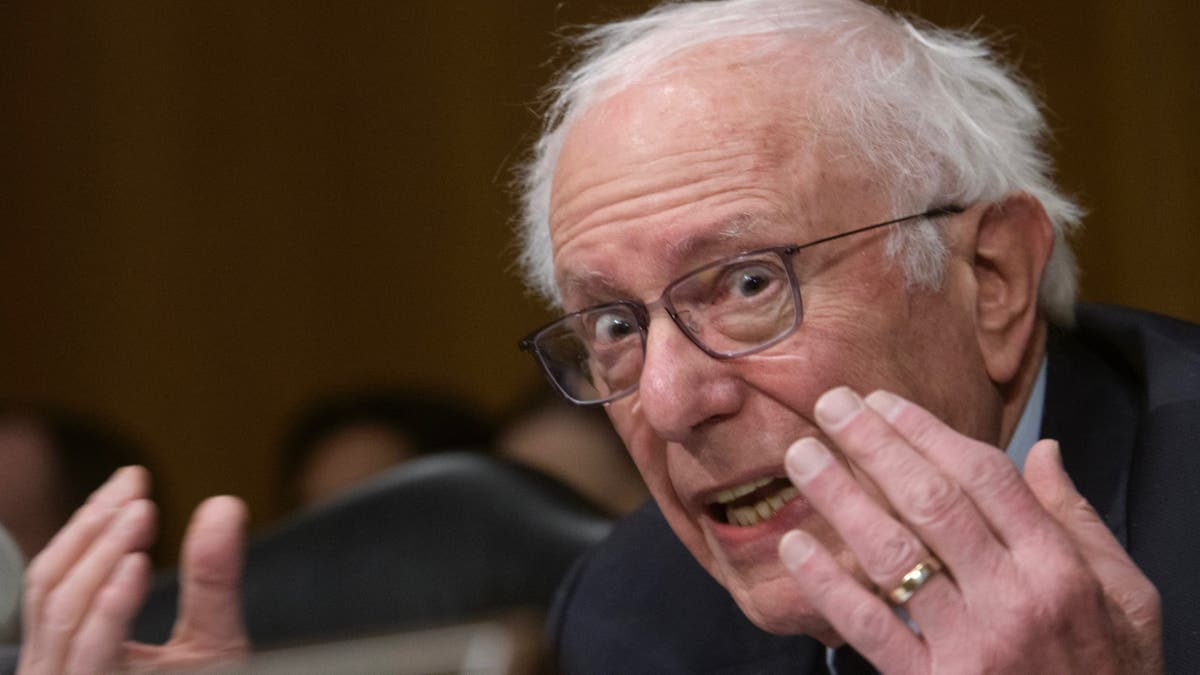
Heated exchanges marked the hearings, notably between Kennedy and Sen. Bernie Sanders, who pressed Kennedy on his stance on vaccines and autism. Kennedy's response, suggesting he would apologize if presented with studies proving vaccines don't cause autism, drew sharp criticism from Sanders, who emphasized the abundance of existing research. The two also clashed over campaign finance, with Kennedy accusing Sanders and other panel members of accepting contributions from the pharmaceutical industry. Sanders retorted that his campaign funds came from individual workers, not pharmaceutical executives or PACs.
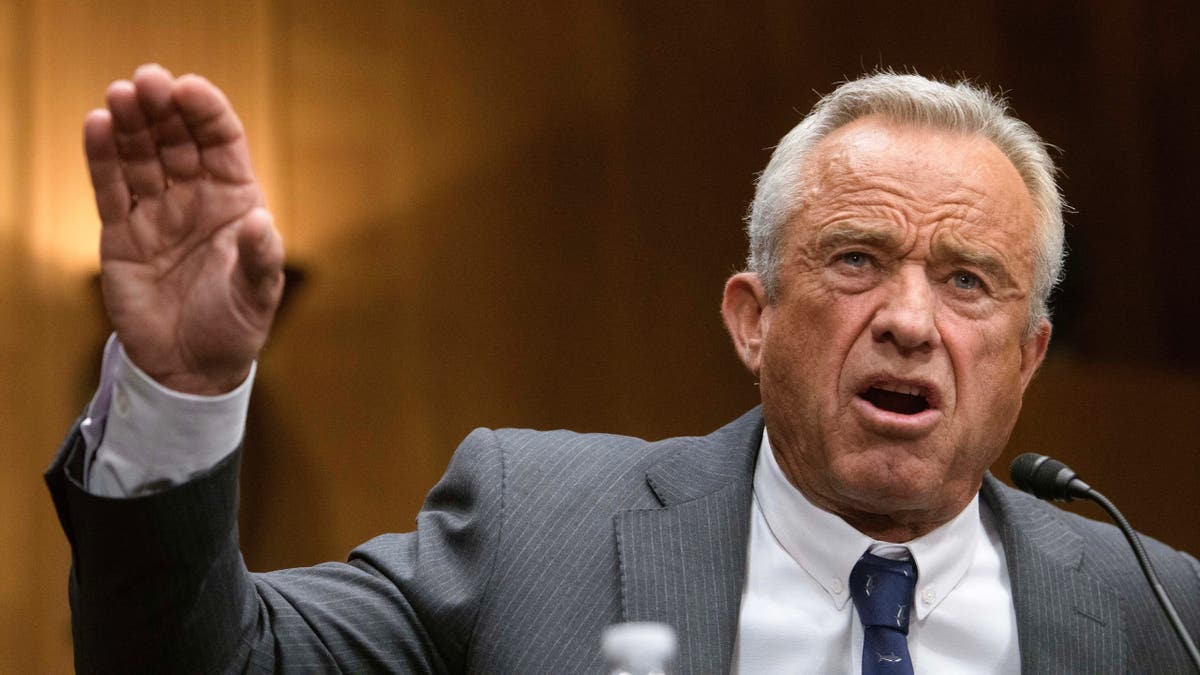
While Democrats largely opposed Kennedy's nomination, some Republicans, including Sen. Rand Paul, came to his defense. Paul questioned the consensus on vaccines and autism, arguing for more humility in the face of uncertainty about the causes of autism. Kennedy also received support from audience members wearing "Make America Healthy Again" attire.
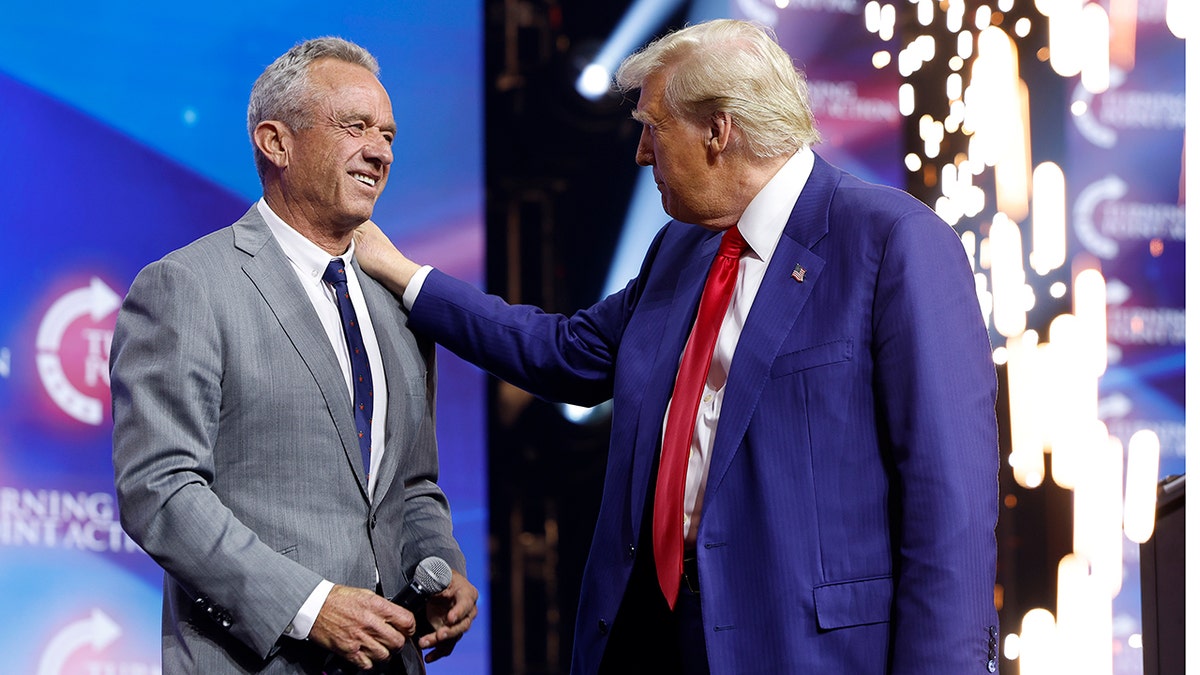
Kennedy, who previously ran for president as a Democrat and later as an independent before endorsing Trump, outlined his vision for HHS, emphasizing a focus on promoting healthy lifestyles, addressing chronic diseases, and reforming dietary guidelines. With Republicans holding a slim majority in the Senate, Kennedy's confirmation hinges on securing enough Republican support to overcome likely Democratic opposition. Senators Collins and Murkowski, in addition to Cassidy, are considered key swing votes, having expressed concerns about Kennedy's views on vaccines and other health-related issues.


